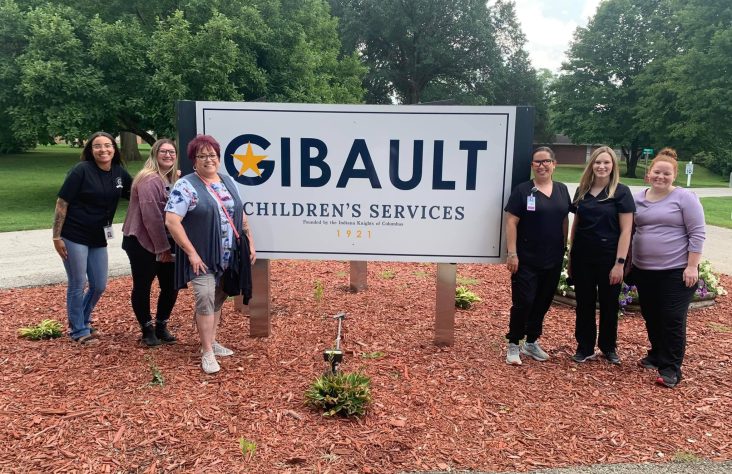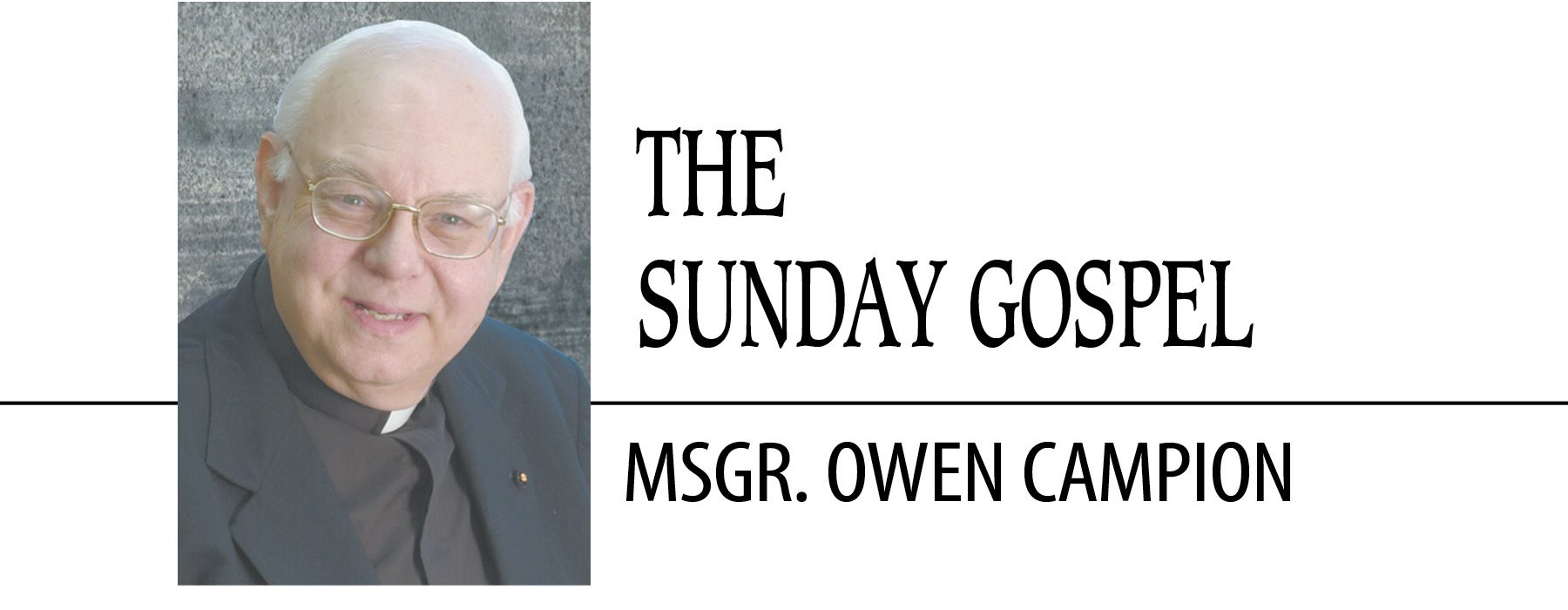July 23, 2022 // Perspective
God hears the calling of His people
Seventeenth Sunday in Ordinary Time
Luke 11:1-13
The Book of Genesis is the source of this weekend’s first reading. As with other passages in this marvelously profound religious book, the story of Sodom and Gomorrah is sadly so often overwhelmed by arguments about where these cities were in Middle Eastern geography millennia ago, or even if they existed.
All this debate is unfortunate, if at times fascinating, because it completely sweeps aside the religious truths that, after all, are what Genesis is all about.
In this reading, Abraham, regarded as the father of the Hebrew race, appears, but more importantly, God is with him and literally conversing with him.
The topic is vice within the two cities of Sodom and Gomorrah. God, the just, insists that this vice will result in a divine retribution on the people of these cities. Abraham pleads instead for divine mercy. The conversation can be taken as a bargaining process. Abraham asks that the hurdle be lowered. God agrees. Then Abraham asks for a further lowering. God agrees, and so on.
The two important points are that humans create their own doom. It stands to reason. Look at the despair that deliberately planned warfare brings upon affected populations, such as Ukrainians today. Look at the heartbreak that sin brings upon people.
Abraham realizes the deadly effects of human decisions, such as the choices leading to immorality in these cities. Nevertheless, he asks God for mercy. Beyond mercy, he asks God for life.
God hears Abraham, and God extends mercy. This is the second and most consoling point.
For its second reading, the Church presents a reading from the Epistle to the Colossae. The Christians of Colossae were no different from other Christians in the Roman Empire’s Mediterranean world or the first century AD.
To them, the Christian faith was new. In the face of such an overwhelming pagan culture, following this faith was a challenge indeed.
Encouraging them, this epistle reminded the Colossian Christians that in Christ they died to the culture and to their own instincts. Baptism drowned their sins and their weakness before the pressures of their surroundings and of their nature. In baptism, they died, but they also rose to life in Christ, with its eternity and strength.
St. Luke’s Gospel supplies us with the last reading. It is the beautiful revelation of the Lord’s Prayer. No prayer is more loved by Christians now and throughout Christian history. Each verse is powerfully and profoundly expressive. The first verse is especially telling, setting the stage for all the others. Jesus tells the disciples to address God as “Father”, not as king, ruler, judge or creator. It establishes the believer’s relationship with God.
The second part of the reading is reassuring. Jesus insists that God’s door is never closed. God always hears the appeals of people. Loving people with an infinite love, God will give them life. He even gives life to sinners if they repent, and in love, turn to God.
Reflection
The reading from Genesis and the reading from Luke call us to approach God in full confidence that our pleas will be heard. It is particularly comforting when we turn to God after sinning. If we reject our sins and instead turn to God, our sins will be forgiven.
It is all a beautiful thought, but the Christians of Colossae gave us evidence, as if we need any, that our instincts and all around us can be very difficult to overcome.
Still, we can overcome sin and all that brings sin. Why? If we are sincere as believers, Christ is in us with strength, insight and power. He will show us the way. He will sustain us. He will take us to God. He will keep us safe forever.
The best news. Delivered to your inbox.
Subscribe to our mailing list today.






